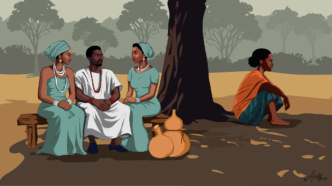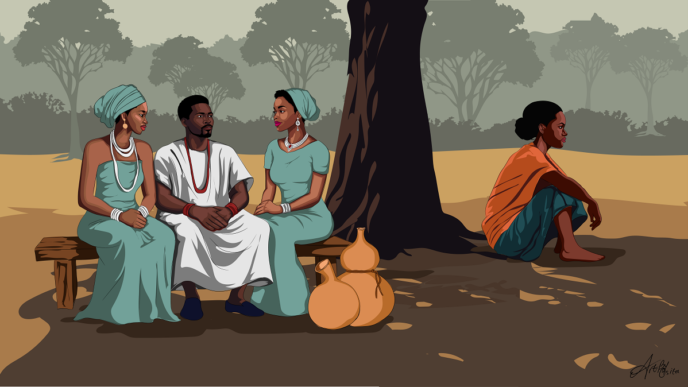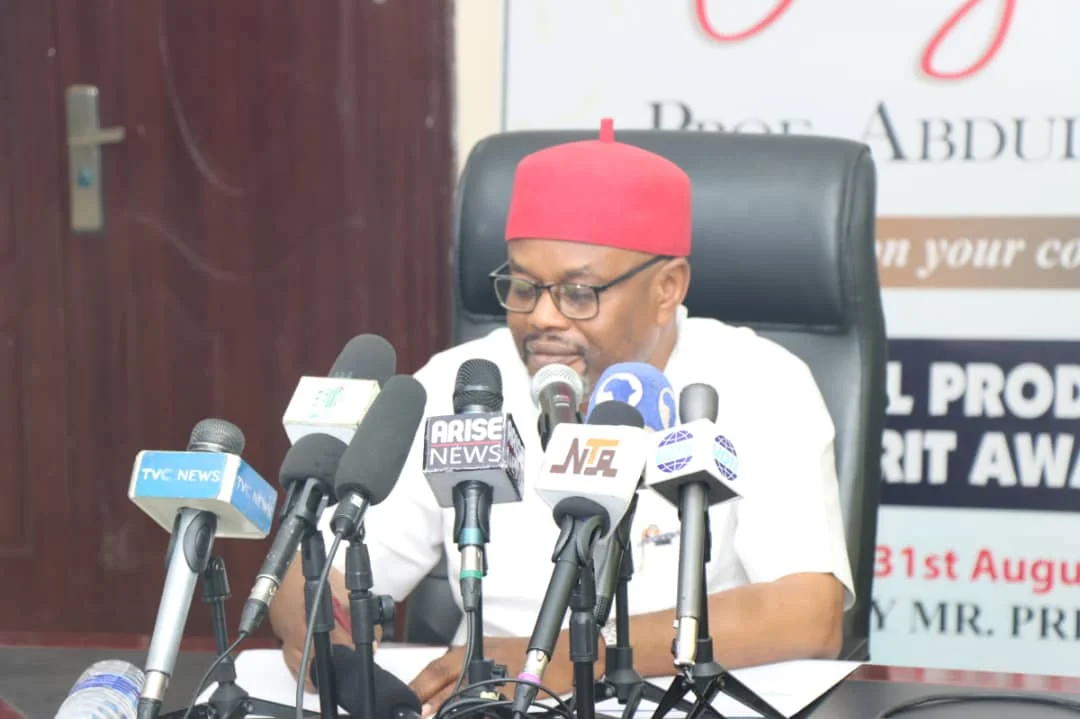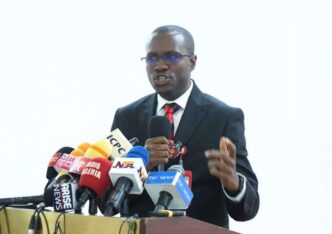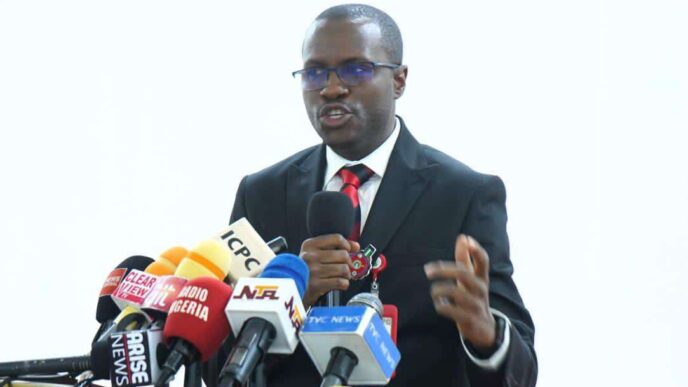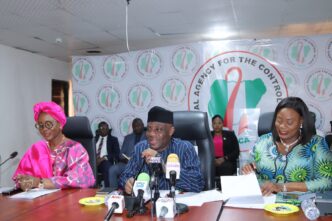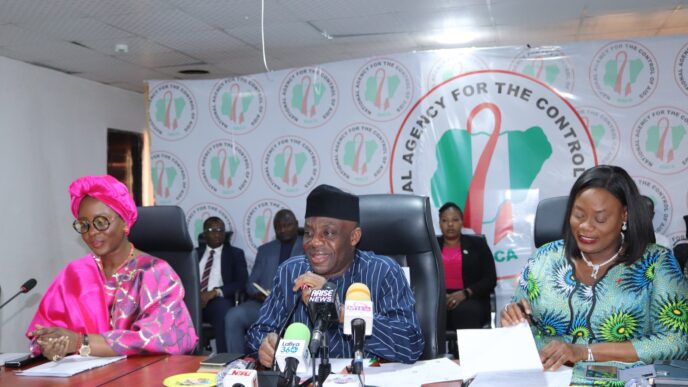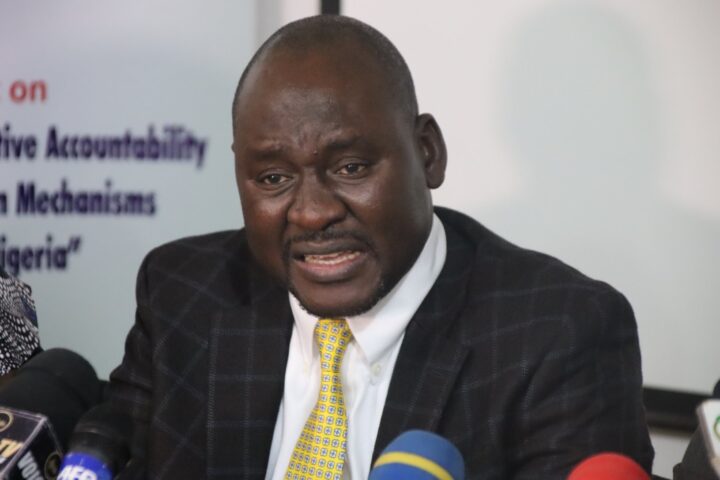Temitope Ilori, director-general of the National Agency for the Control of AIDS (NACA), says an estimated two million Nigerians are living with HIV.
Illori spoke on Friday at a retreat titled: ‘Leadership For Sustainability Of The HIV Response: The Role of The Legislature’.
The retreat was organised for members of the house of representatives committee on AIDS, tuberculosis and malaria (ATM) in Lagos.
The NACA DG said of the two million people living with AIDS, about 1.7 million are receiving treatment for the disease.
Advertisement
“We are working with an average estimate of about 2 million Nigerians living with HIV/AIDS and about 1.7 million of them are on treatment,” she said.
“But be that as it may, we realise that in the past 20 years or so, most of the treatment and most of the national response are being funded by partners, international donors, and international aid.
“I think it is time we start talking about ownership and sustainability.”
Advertisement
She spoke about the global goal of eradicating HIV/AIDS by 2030, highlighting the importance of legislative support in achieving sustainability and effective coordination of the national response.
“We have what we call the new business model. This is trying to use both national and subnational structures to take ownership, and to sustain the national response,” she added.
“We have a target of eradicating HIV/AIDS by the year 2030 which is the global target and we are trying to work towards achieving this.
“So, we believe that as stakeholders in this project, the honorable members supervising us as the ATM committee should be well abreast of the situation as at today and what our roadmap and our vision and mission are, and how we want to achieve the target to ensure the sustainability and ownership of the national response.
Advertisement
“That is why we deem it fit. The objective is mainly to foster the commitment of you honourable legislators to the ownership and sustainability of the HIV response and also to facilitate the effectiveness of the HIV response in terms of coordination and oversight function which I know is your primary assignment.”
Leo Zekeng, Nigeria country director of the United Nations Programme on HIV/AIDS (UNAIDS), highlighted the severity of the HIV/AIDS disease, noting that it has infected around 80 million people and caused 40 million deaths globally over the past half-century.
Zekeng said “remarkable progress” has been made in reducing new HIV infections.
“We estimated that in 2023, we registered about 75,000 new infections. This is 8,800 per week. We have registered 45,000 AIDs-related deaths. About 900 per week,” Zekeng said.
Advertisement
Zekeng harped on the unsustainability of donor-dependent funding and called for greater legislative involvement to sustain the HIV response.
He emphasised the need for political and financial courage to end AIDS by 2030, adding that the national assembly should scale up efforts and ensure effective legislation, resource allocation, awareness-raising, and accountability.
Advertisement
Zekeng said Nigeria is falling short of the Abuja Declaration’s goal of allocating 15 percent of the national budget to health.
He said the country only earmarked about 5 percent for health in its 2024 budget, describing it as “unacceptable”.
Advertisement
“We passed the Abuja declaration of spending 15 percent of our budget for health. We are getting merely around 5 percent. And you will agree with me this is unacceptable. Nigeria is a very rich country,” he said.
Advertisement



